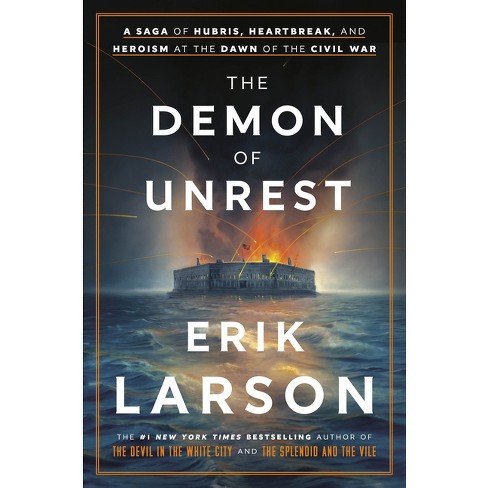5 HOT BOOKS: A Fascinating History of Maps, a Man Booker Prize Winner and More
/1. Theater of the World: The Maps that Made History by Thomas Reinertsen Berg, translated by Alison McCullough (Little, Brown)
Armchair travelers and international adventurers follow maps around the world, and in this handsome and compelling book, Norwegian journalist and writer Berg focuses on the creation of maps. Segueing from Stone to Internet Age, he relates stories of how maps were created, reflected value judgments, and shifted over time. Berg’s idiosyncratic book is not merely a collection of maps but rather a cartographic history – a rich, diverse story of how art, technology, and human impulses jostle, with mapping and money hand in hand, raising the question of whether Google is too dominant a force in the map service business.
2. Milkman by Anna Burns (Graywolf)
In an upset, Irish writer Burns’ imaginative, feminist, and genre-defying novel Milkman won one of the most prestigious English language literary awards, the Man Booker Prize. A robust, illuminating New York Times profile of her followed, headlined: “The New Booker Prize Winner Who May Never Write Again.” Suffering from debilitating lower back pain after a botched surgery, Burns will use the prize money to finance another medical procedure and support her efforts to get by (in the novel’s acknowledgments she thanks her local food bank and Britain’s “Housing and Council Tax Benefit system”). Burns has conjured an extraordinary world without names narrated by “middle sister” who is forced into a relationship with an older militia leader in an unspecified police state that evokes Northern Ireland during the “Troubles.”
3. We Begin in Gladness: How Poets Progress by Craig Morgan Teicher (Graywolf)
There is an ache when Teicher writes of his shock and dislocation after his mother’s death when he was just 14, but there is also profound inspiration in how he found poetry as a way to communicate. This engaging set of essays may have been motivated by the question of a poet’s spark, but rather than focus on himself, Teicher looks for answers in how other poets are attracted to the poetic form of expression and how they evolve creatively as they mature. Particularly fascinating are his insights into how poets influence other poets, and Teicher has a broad sweep yet an intimate view on a wildly different set of poets from Constantine Cavafy to Sylvia Plath, Elizabeth Bishop and John Ashbury.
4. The New Order by Karen E. Bender (Counterpoint)
Bender is known for her keenly observant and perceptive stories, including her collection Refund, a 2015 National Book Award finalist, and while her stories have a universality that makes them timeless, The New Order very much speaks to this particularly fraught time. Bender takes on highly charged issues in the headlines, such as gun violence, sexual harassment, anti-Semitism, and xenophobia, with most stories beginning with what seem to be benign social situations and exchanges. With a deft twist, she illuminates subtle turning points: In “Where to Hide in a Synagogue,” two old friends discuss how to protect their congregation and a rift between them is exposed, and in “This Is Who You Are,” a teenager looks back on how she grappled with her Jewish identity and failed a friend dealing with a predatory teacher.
5. The Dakota Winters by Tom Barbash (Ecco)
The perils of fame and privilege animate Barbash’s compulsively readable novel centered on the Winters family living in the legendary Dakota apartment building on New York’s Upper West Side in the early 1980s. Barbash has the period details just right and enriches them by featuring prominent figures of the time, such as Teddy and Joan Kennedy and John Lennon, who lived in the Dakota before he was murdered. Into this rich milieu, Anton Winters returns home after falling ill while serving in the Peace Corps in Africa and finds himself entangled with reviving the career of his father, a prominent TV talk show host who had a breakdown on air. Barbash evokes this period with charm, and the father-son dynamic bursts with rich insight.










